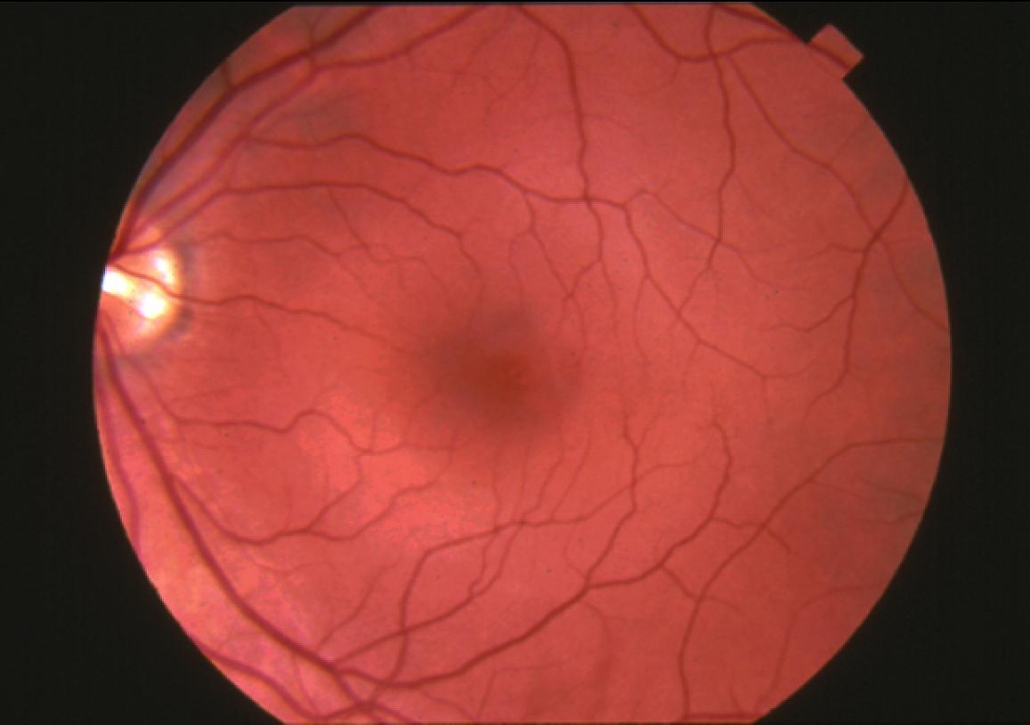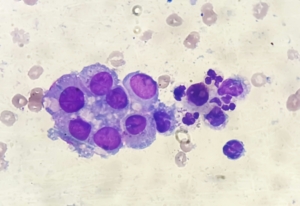
Cheap Avastin as effective as Eylea in CRVO
A study conducted by an NIH institute proves Roche's Avastin is as effective as Regeneron's Eylea, a drug that costs 30 times more than Roche's antibody. The rub: Avastin is not approved for use in central retinal vein occlusion (CRVO).
Monthly eye injections of Avastin (bevacizumab) at US$60 per dose are as effective as the more expensive drug Eylea (aflibercept), which costs US$1.850 per injection, for the treatment of central retinal vein occlusion (CRVO). According to results of a clinical trial funded by the National Eye Institute (NEI), after six monthly injections, treatment with either drug improved visual acuity on average from 20/100 to 20/40.
This head-to-head comparison of two widely used drugs for treatment of macular edema due to central retinal vein occlusion shows that both are effective in improving vision, said Ingrid U. Scott, professor of ophthalmology and public health sciences at Penn State University, Hershey, Pennsylvania, and chair of the study. The bottom line is that in patients with CRVO-associated macular edema, Avastin was as effective as Eylea in terms of visual acuity after six months of treatment.
Retinal vein occlusion is the second most common retinal vascular disease after diabetic retinopathy and is estimated to affect more than 16 million adults worldwide. Associated with conditions such as hypertension and diabetes mellitus, CRVO occurs when the central vein that carries blood away from the retina, the light-sensitive tissue in the back of the eye, becomes blocked. When blood flow is disrupted, adequate levels of oxygen fail to reach the retina, triggering the release of vascular endothelial growth factor (VEGF). VEGF increases the permeability of blood vessels, leading to swelling in the central part of the retina a condition known as macular edema, the leading cause of vision loss from CRVO.
Eylea is an anti-VEGF drug approved by the FDA for treatment of CRVO-associated macular edema. Avastin is a significantly less expensive anti-VEGF drug; it is an FDA approved biologic for treating cancer, but is frequently used off-label to treat conditions of the eye, including CRVO.
The study enrolled 362 patients with CRVO-associated macular edema from 66 clinical sites throughout the United States and randomly assigned them to receive either Eylea (2 mg) or Avastin (1.25 mg) by eye injection every 28 days for six months. At six months, the researchers assessed visual acuity, retinal thickness, and side effects of the medications.
Results of the trial, published in JAMA (doi: 10.1001/jama.2017.4568), show that Avastin improved mean visual acuity from baseline by 18.6 letters compared to 18.9 letters for Eylea. The non-inferiority margin was 5 letters.?
In 2011, NEI reported that Avastin was non-inferior to ranibizumab, a humanised fragment of Avastin, in treating age-related macular degeneration (AMD). Lucentis is being marketed in Europe by Novartis. In the US, the antibody fragment is being marketed by Roche-subsidiary Genentech.


 Unsplash+
Unsplash+
